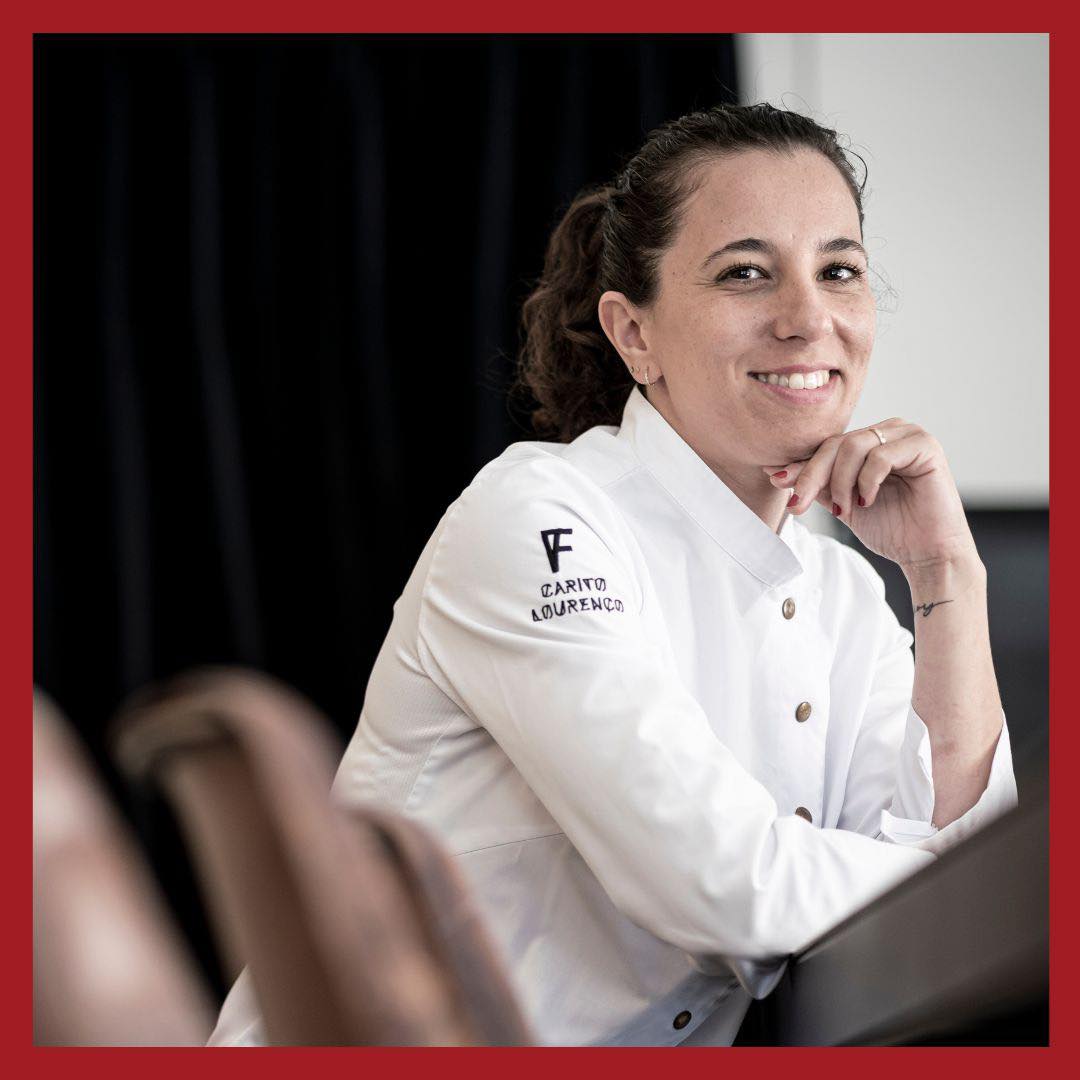ONE of the pillars of Spain’s marvellous lifestyle is the astonishing fact that there are a total of five bars for every thousand people.
Not to be left out, the restaurant sector is fast catching up, with a total of 1,432 new independent restaurants opened in 2022-2023 alone, not counting chains.
The restaurant industry accounts for 6% of Spain’s GDP and employs around 1.7 million people, making it a significant part of the national economy.
But starting a new eatery requires a combination of passion and financial backing.
READ MORE: REVIEW: Brand new Estepona beach restaurant is raising the quality bar for the already upmarket Costa del Sol resort
According to a recent study, the minimum investment needed to open a restaurant in Spain is €40,000, but the actual cost can vary widely depending on the size and type of establishment.
Emilio Gallego, Secretary General of Hostelería de España, said the figure can rise to €2 million for more ambitious projects.
However, opening a restaurant isn’t just about securing funds.
Entrepreneurs face a number of hurdles, particularly when it comes to obtaining the necessary permits and licences.
“These processes are slow and cumbersome,” says Gallego, explaining that the paperwork often takes years to be resolved, with different layers of government involved.
The driving force behind most restaurant owners, however, is passion.
READ MORE: Spain’s Carlos Alcaraz celebrates Davis Cup victory with host of global tennis stars at popular restaurant in Valencia
A recent survey by TheFork found that 87% of restaurateurs are motivated by personal and creative reasons rather than financial gain.
Yet, even with this emotional investment, challenges persist. Many restaurateurs struggle with regulations around alcohol and tobacco, with 65% citing these as their biggest ongoing concerns.
Valencia-based chef and restaurant owner Carito Lourenço understands these challenges all too well.
She opened her restaurant, Fierro, 11 years ago, and also runs Tándem Gastronómico, a consultancy that helps guide newcomers through the process.

“Nobody tells you how to run a business or how to manage the financial side,” she says, highlighting that many new restaurateurs make critical errors with cash flow in their early days.
Although information and support for aspiring restaurateurs have improved, Lourenço advises anyone entering the industry to focus on constant innovation in order to stay competitive.
For many, the dream of owning a restaurant remains strong despite the financial and bureaucratic hurdles.
Passion may be the main ingredient, but deep pockets and perseverance are just as crucial for those looking to break into Spain’s vibrant food scene.

